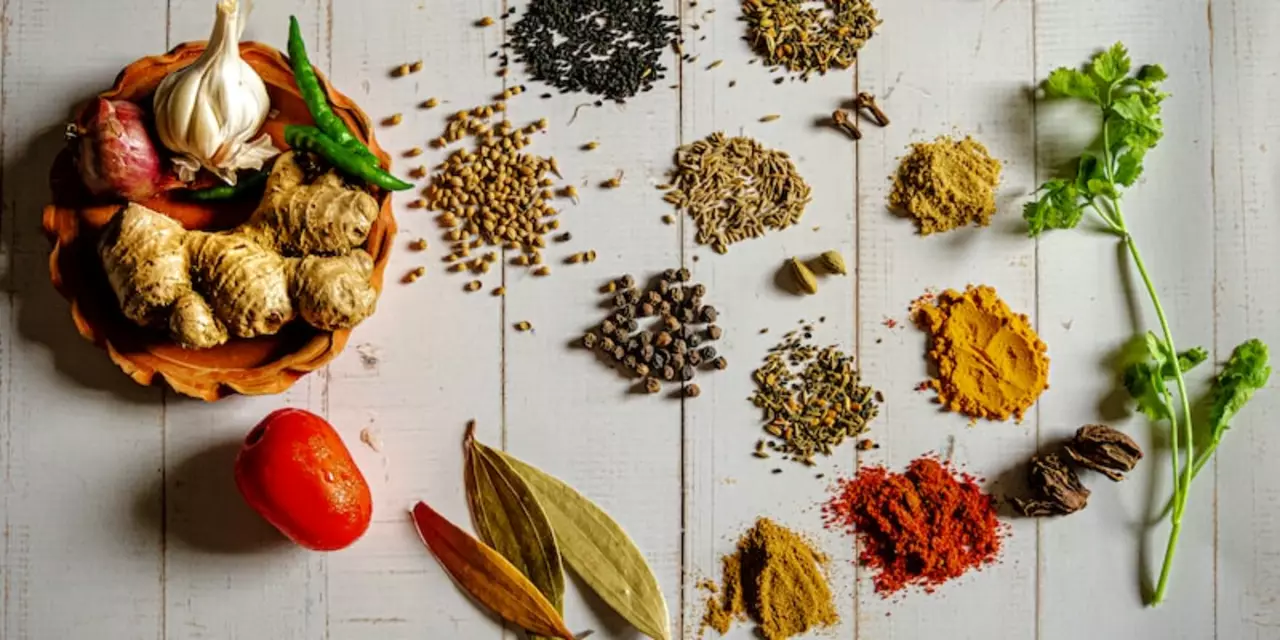Food Safety: Simple Tips to Keep Your Meals Safe in Kashmir
Food should feed you, not make you sick. Whether you're cooking at home, eating street food in Srinagar, or packing tiffin for work, a few easy habits cut the risk of food poisoning and keep your family healthy.
Safe handling at home
Wash hands with soap before and after handling food. Clean surfaces and cutting boards after raw meat or vegetables. Use separate knives and boards for raw meat and for ready-to-eat items like salad or bread. Store raw meat on the lowest shelf in the fridge to stop drips onto other foods. Refrigerate cooked leftovers within two hours and eat them within 24 to 48 hours.
Thaw frozen items in the fridge, not on the counter. When reheating, make sure food is steaming hot all the way through — no cold spots. For milk and dairy, check the smell and expiry date, and keep them chilled below 5°C. Spices may mask spoilage, so a dish smelling odd needs to be discarded even if it tastes okay.
Buying and cooking smart
Buy food from clean shops with good turnover. For meat and fish, look for fresh smell and firm texture. Vegetables should be crisp, not wilted. Wash fruits and vegetables under running water and peel when possible. Use safe water — boiled or filtered — for drinking and washing food, especially in areas with uncertain supply.
Cooking at proper temperatures kills germs. For most meats, cook until juices run clear and internal parts are hot. Avoid half-cooked items, especially chicken. When making dishes that sit for a while, like biryani or curries at gatherings, keep them hot over a low flame or in insulated containers until served.
Leftovers are convenient but risky if handled poorly. Cool large portions quickly by dividing them into smaller containers before refrigerating. Do not add fresh food to a pot of old curry and keep stirring to mix — heat the new portion separately to avoid spreading bacteria.
Street food can be delicious and affordable, but pick vendors who cook fresh to order and use clean utensils. Watch how they handle money and food — repeated contact with cash can transfer germs. If water or salads look doubtful, choose cooked options and avoid uncooked sauces that may be made with tap water.
For families with young children, pregnant people, or older adults, extra caution helps. Skip raw eggs, undercooked meat, and unpasteurized dairy for them. Teach kids simple habits like washing hands before eating and not sharing utensils when someone is sick.
Food safety doesn't need to be complicated. Small steps — clean hands, proper storage, thorough cooking, and smart choices when eating out — cut risk a lot. Make these habits part of daily cooking, and meals will stay safe and enjoyable.
If you want a quick checklist, remember: clean, separate, cook, chill. Write these four words on your fridge or phone. They make choosing and storing food faster and cut the chance of getting sick after a meal daily.

Is it safe to eat Indian food left out overnight?
It is generally not recommended to eat food that has been left out overnight due to the risk of bacteria growth. Indian food, in particular, is likely to contain ingredients that spoil more quickly than other types of cuisine, such as dairy and protein, which can cause food poisoning if left out too long. To avoid this, it is best to refrigerate leftovers immediately and consume them within two to three days.
Categories
- Social Issues in India (3)
- Sports (3)
- Business & Markets (2)
- Weather & Climate (2)
- History and Politics (1)
- Quick and Easy Indian Breakfast Recipes (1)
- Food and Culture (1)
- Road Safety & Transportation (1)
- Cultural Experiences/Travel & Living Abroad (1)
- Technology Reviews (1)
Popular Articles


